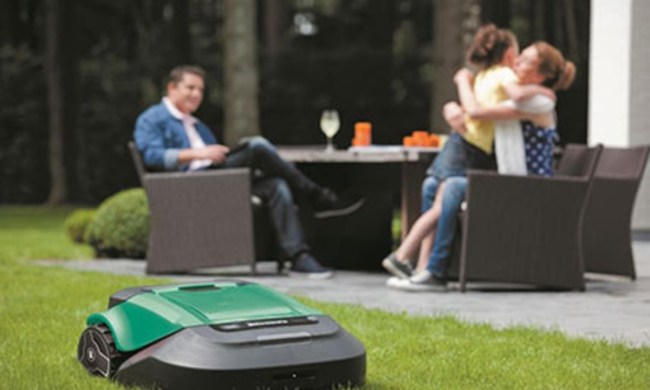 As it has with most other facets of our lives, technology has changed how we vacation. Whether you find yourself trapped in a minivan for nine hours or eager to stay in the loop at home, there are now a bevvy of gadgets to keep you comfortable, connected, and entertained. Or anxious, distracted and impatient, if you happen to take the opposing view. Where you stand depends a lot on circumstances.
As it has with most other facets of our lives, technology has changed how we vacation. Whether you find yourself trapped in a minivan for nine hours or eager to stay in the loop at home, there are now a bevvy of gadgets to keep you comfortable, connected, and entertained. Or anxious, distracted and impatient, if you happen to take the opposing view. Where you stand depends a lot on circumstances.
Initially, I sided with the skeptics. When we were getting together, my wife and I would make fun of the people with those newfangled DVD players in their cars. “Our children will stay in the conversation or play the license plate game, just like we had to when we were traveling with our parents,” we told ourselves.
Then we had a kid.
It turns out small children aren’t very good at conversation (at least, on topics that we would like to discuss) and they also can’t read license plates yet. To make a long story short, my three-year-old daughter knows how to operate my Kindle Fire better than I do.
As a schoolteacher, I’ve been lucky enough to have the past two weeks off and have been able to take a couple of summer vacation “mini-trips” with the family in celebration of surviving another year in the American educational system. I’ve noticed a fundamental shift in how technology is being used while we vacation.
First off, there is no vacation for quite a few people. Vacation for some people means taking the kids somewhere that will entertain them while they answer e-mails on their phone or make calls. I saw plenty of kids splashing in the Oasis of Fun, as it was called, yelling for their parents to watch them perform some sort of stunt. Unfortunately the kids were competing with an iPhone (with one of those OtterBox waterproof cases, no less), and they were losing.

One of the things opponents of e-readers point out in their diatribes is that you can no longer see what other people are reading with just a glance. You have to actually ask them or look over their shoulder, which can lead to issues with that person’s significant other.
Being an avid reader and someone who follows the literary industry, I wanted to take a quick poll around the pool of what people were reading this summer. The winner was: “Kindle” by Amazon. As an e-reader user myself, I wasn’t disappointed that their use is becoming prevalent; I was disappointed at the missed opportunity for an impromptu poolside book club meeting.
The one person I did see with an actual book was reading a novel I really liked, “The Art of Fielding” by Chad Harbach. We talked briefly about what we thought of it, I tried not to give the ending away when he started making guesses, then went our separate ways. Those conversations, however quick they may be, are important in the literary culture. In 10 years, they won’t exist.
If our use of gadgets and technology has made us more advanced in other locations, in the airport our gadgets have returned us to our hunter-gatherer nature. People stalk electrical outlets like herds of buffalo, eschewing rather comfortable leather seats for a spot on the floor, leaning against the wall, sometimes in packs so everyone can watch the last 15 minutes of that episode of Game of Thrones.
Once an outlet becomes available (either because someone left or a hunter beat another hunter with a rock), they can’t wait to plug in their silicon behemoths. The people with iPads start giggling. The people with Ultrabooks and MacBook Airs point. Airports are starting to recognize how important power outlets are to today’s traveler, but many of this country’s airports are also outdated and don’t have the necessary wiring to expand the power grid. Let’s be honest: Some of Atlanta’s terminals would have been slated for demolition long ago if they were any other building.
I’ve been there. A couple of years ago, on our last cross-country trip, we only had a 2007 MacBook and our phones. During one of those short layovers that are so en vogue with the airline industry, we stared at the battery meter on the screen, willing it to move faster before boarding began for our four-hour flight.
I turned to my wife. “You know, that new iPad gets 8 to 10 hours of life on a single charge.”
She kept staring at the meter. “Yeah, but who wants a big iPhone that doesn’t make calls?”
Image credits: Businessman – ArtmannWitte/Shutterstock, Phone – Shane White/Shutterstock

